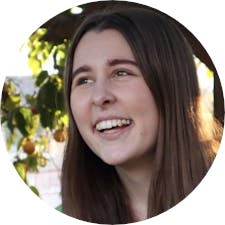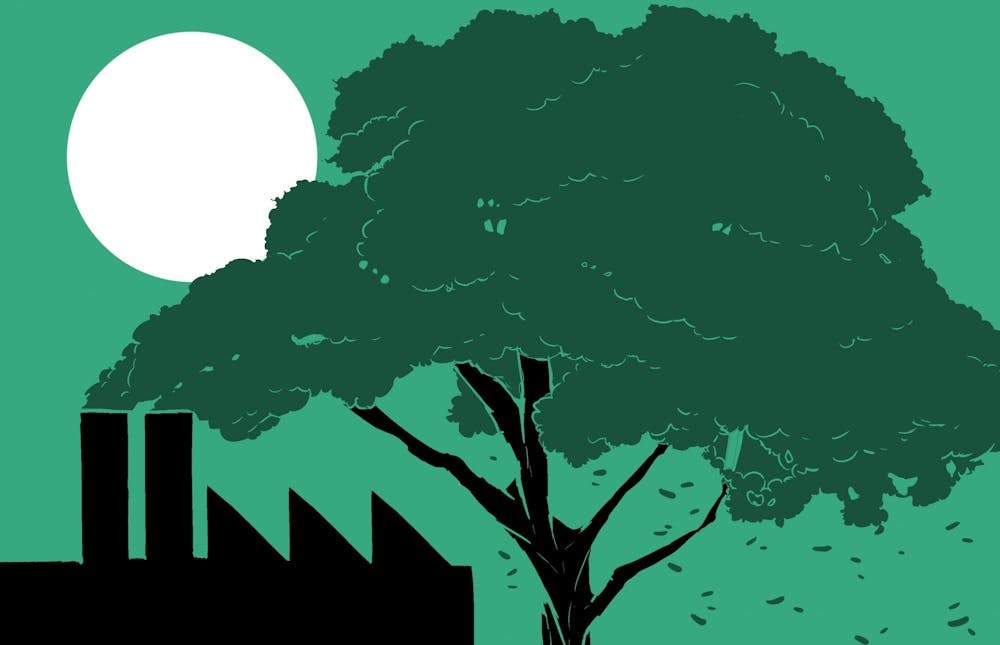Cool Kids, Cool Places, Cool Futures is a youth-led action project giving high school students the opportunity to combat environmental issues, such as rising temperatures, in Tempe.
The city-run program, more widely known as "Cool Kids" or "Neighborhood Justice," will have two Youth Council meetings at two Tempe-based high schools, running the meetings after school, twice a week for two years. Currently, the program is working on recruiting students, with plans to begin their work as soon as November.
But while the program is still in the recruiting process, ideas for action projects have already begun with community art pitches, cooler bus stops, tree planting events and maintaining community gardens.
Braden Kay, director of sustainability for the city of Tempe said amplifying youth voices around climate change action and policy at the local level is important because of how differently young people view rising heat levels in the Valley compared to older adults.
"Adults told us, 'I'll be dead by the time it's that hot, or if it is ever that hot, I'll just move,'" Kay said. "That's not what we heard from young people, from young people we (heard) 'if it’s going to get that hot, we need to do something about it.'"
The program is in the process of setting up its first Youth Council at McClintock High School, where around 60 students have expressed interest, said Tye Waggoner, youth council coordinator for the city of Tempe.
There are also plans to add a youth council at Tempe High School in early 2022.
The two high schools, located in the Escalante and Gilliland neighborhoods, were chosen because they were identified as communities with reduced tree shade available, who are more exposed to extreme heat, said Paul Coseo, an associate professor at The Design School and researcher working with the city of Tempe on the project.
"Those neighborhoods were sort of known by the city to be areas of concern (for heat)," Coseo said. "These are the areas that if you're thinking about where to prioritize the greater understanding of people's experiences of heat and heat injustice in any cases, that's where you have to go."
Once the program officially begins, the goal will be to complete one action project every month for two years. Cool Kids is having its first action day on Oct. 23, Waggoner said. It will be hosting a tree-planting program at Birchett Park. Later this fall, it is planning an additional tree-planting and a "Dune" movie screening.
Young people were integral in the planning and organizing of the program, as recruiters spoke with many young people about climate change in places like Kamp Kool at the Escalante Community Center, and during events like Sustainability Commission meetings and City Council meetings.
Dejanae Lewis, a junior at Harbourview Academy, works as a youth fellow for the Cool Kids program.
If the environment isn't clean in the future, it could impact young people's future, Lewis said. The program will also be teaching students about how the environment disproportionately affects communities of color and Indigenous communities.
"As part of the work that we're doing with young people, we want to introduce them to concepts of indigenizing communities, which is basically honoring our Indigenous roots," said Waggoner, who is also a graduate student studying urban and environmental planning at ASU.
ASU researchers, including Coseo and Katja Brundiers, a clinical assistant professor at the School of Sustainability, are involved in providing information to students about climate and racial justice issues, as well as creating training sessions and workshops to inform both students and adult staff about these issues.
"There are a lot of researchers that know a lot about heat, but a lot of researchers may not actually know a lot about the experience of heat in the way that (these young people) understand the experience of heat," Coseo said. "They're had to maybe walk miles in the heat or wait for buses or have watched their families struggle with it."
Throughout this two-year program, there are hopes it will improve climate action in Tempe while also elevating youth voices at the local level.
"(Climate) shows up in sort of subtle ways in people's lives and those wars actually are really important that people can actually see and witness and experience," Coseo said.
Reach the reporter at mcfisch4@asu.edu and follow @morgfisch on Twitter.
Like The State Press on Facebook and follow @statepress on Twitter.
Continue supporting student journalism and donate to The State Press today.

Morgan Fischer is the politics editor, she works with her desk to cover topics related to politics in the ASU community. She has previously worked as an intern for RightThisMinute.




